Top medicine comes under the knife
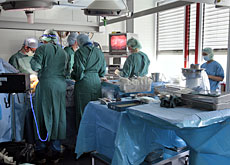
A study into patient safety and treatment quality has revealed cost inefficiencies and poor coordination when hospitals conduct highly specialised operations.
The Federal Statistics Office recommended that each medical institution should be required to carry out a minimum number of such operations each year in order to improve coordination and recover costs better.
The study, released on Thursday, found that top-level medicine such as cardiac surgery or bone cancer treatment are not limited to specialised university hospitals but done in hospitals all across Switzerland.
Smaller institutions carried out a range of other specialised operations. The study said that of the 2,099 heart valves fitted, 49 per cent were by university hospitals, the rest by other clinics, above all city hospitals.
But transplants, operations on the nervous system and those involving children’s hearts were carried out almost exclusively in university hospitals.
The authors found that the average number of highly specialised operations at non-university hospitals was less than 20 – a figure they concluded was too low.
As treatments often require expensive infrastructure, a higher number of surgical interventions would enable the institutions to recover costs better. The authors said this would also help guarantee the safety of patients and the quality of care.
Germany, for example, has fixed the minimum number of cases for each kind of surgery at between ten and 25 a year. In Switzerland, almost 70 per cent of institutions would not have reached this figure in 2005, according to the study.
Room for improvement
In this year, a total of almost 21,000 specialised treatments were carried out, which corresponds to two per cent of cases referred to hospitals for acute problems.
However, these 21,000 cases represented 3.8 per cent of the total costs of such hospitals, estimated at SFr536 million ($460 million).
The more expensive operations are not necessarily the more specialised – although one exception to this is transplantation: the 800 transplants cost an estimated SFr80 million – SFr100,000 per patient.
The statistics office says it is also necessary to agree on methods of increasing top-level treatment. At present, it said, the methods of classification are neither precise enough nor up-to-date.
It would be better in cardiac surgery, for example, to distinguish between routine operations and those requiring specialised treatment, according to the authors.
They also believed it was valid to question whether certain areas – such as reconstructive surgery on lips and cleft palates – belonged to top-level medicine.
swissinfo with agencies
Top-level surgery at university hospitals has been a controversial subject for some time.
The country’s cantons agreed in 2004 to reduce the number of hospitals where this kind of surgery can be conducted. One goal was to save costs.
As on next year the cantons are expected to introduce new regulations and a reorganisation of the hospitals allowed to carry out organ transplants, heart surgery, paediatric cardiology as well as large-scale burns.
The latest study could fuel debate among university hospitals of Zurich, Bern, Basel, Geneva and Lausanne.

In compliance with the JTI standards
More: SWI swissinfo.ch certified by the Journalism Trust Initiative
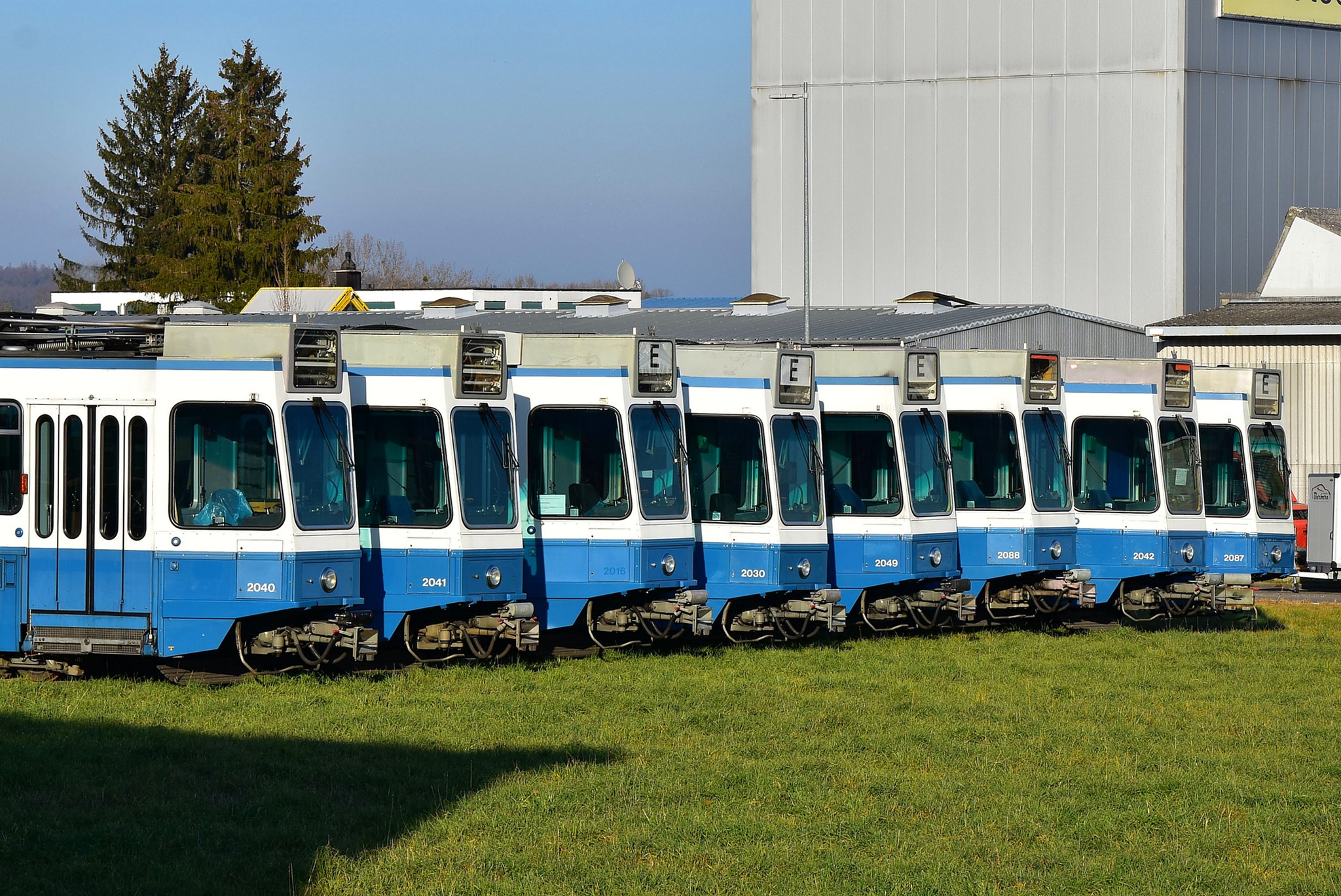



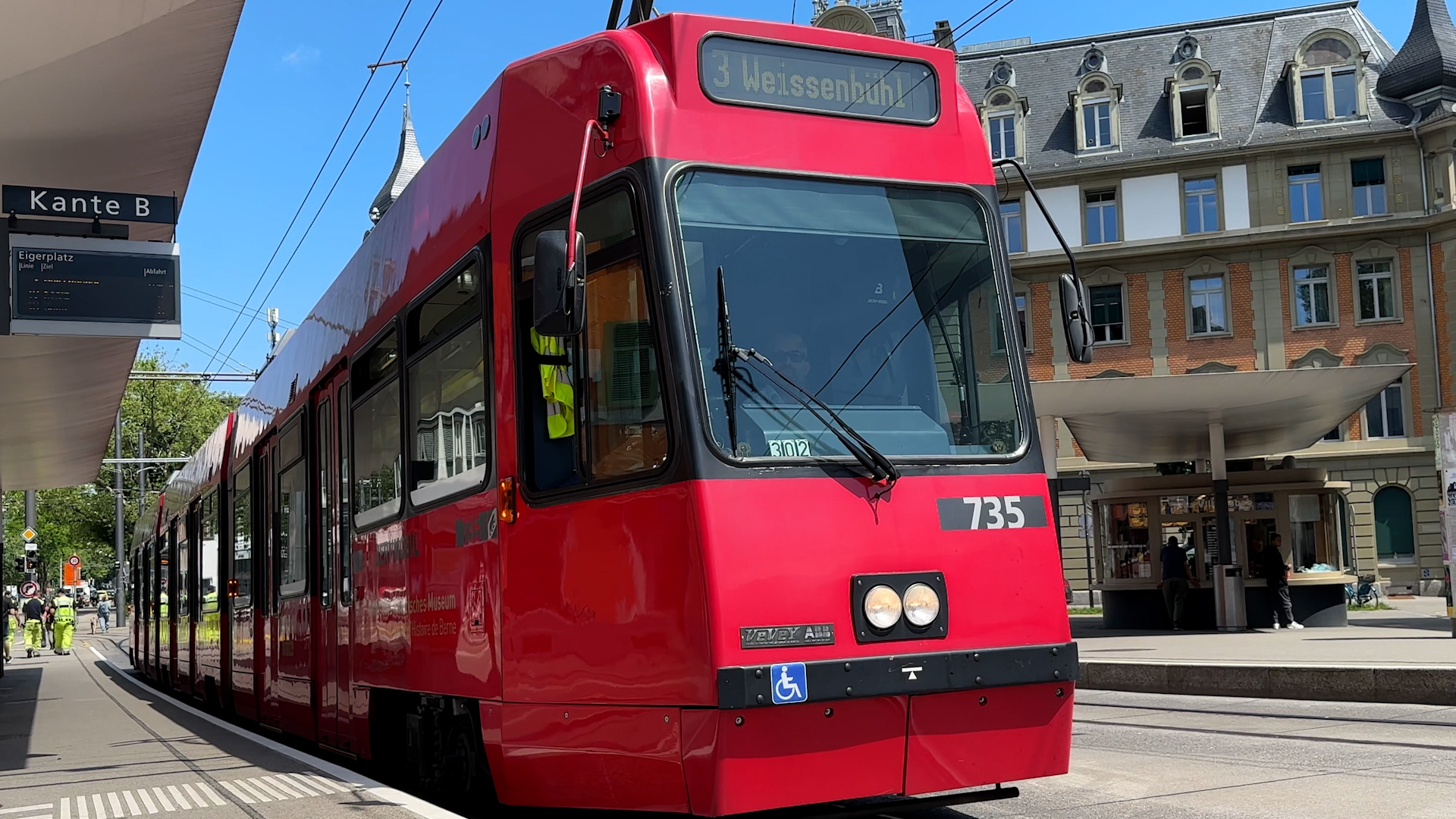


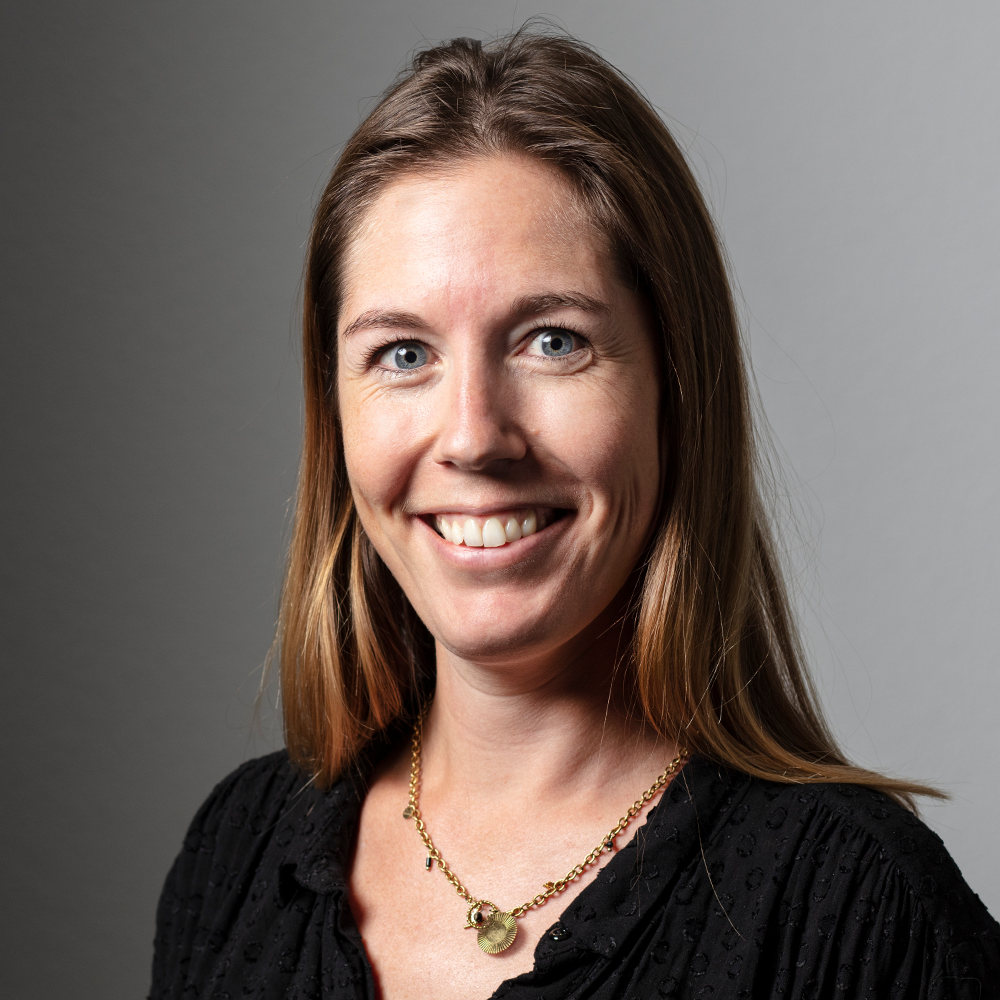
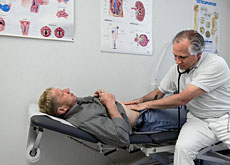
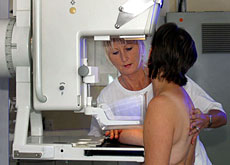

You can find an overview of ongoing debates with our journalists here . Please join us!
If you want to start a conversation about a topic raised in this article or want to report factual errors, email us at english@swissinfo.ch.